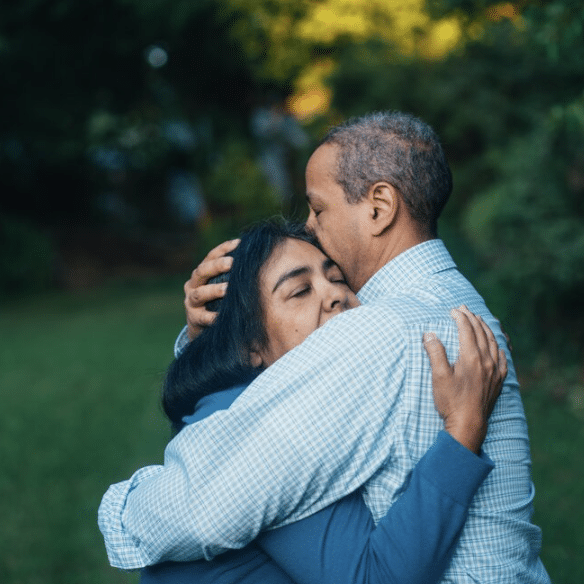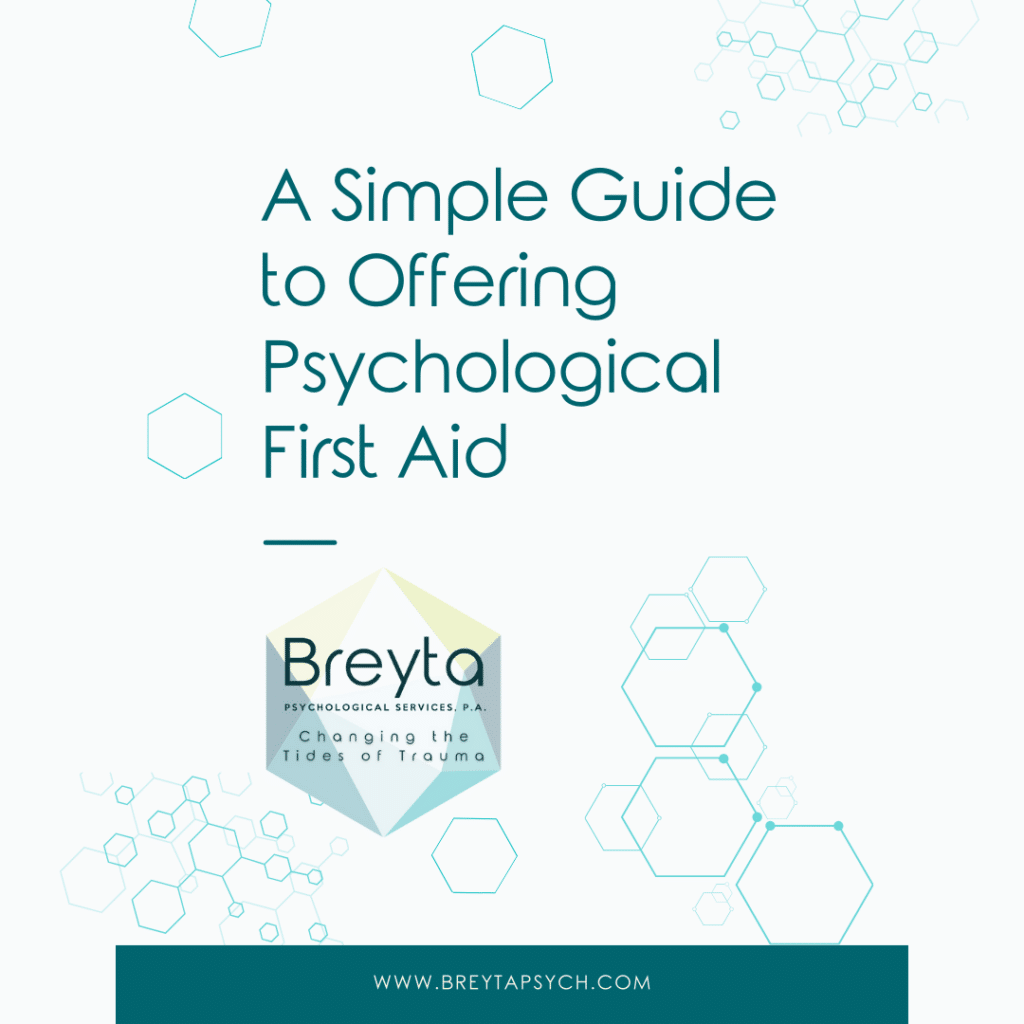If you’re living with anxiety, you might be wondering about the root cause of your symptoms. Perhaps you’ve seen other people in your family struggle with the same symptoms. Now, you’re curious about whether or not your symptoms have a genetic component.
Or maybe you don’t have anxiety, but you know that your parents have dealt with anxiety in the past. You can’t help but worry that one day, you’ll develop anxiety too. Being concerned isn’t unusual. In fact, researchers have found that genetics do influence mental health, just as it can impact your physical health.
But it’s important to understand that having a family history of anxiety doesn’t mean you will too. So let’s explore the influence of your genetics on your mental health in regard to anxiety.
Genetic Components of Anxiety
If your parents and grandparents dealt with anxiety, you may have a higher chance of developing this condition. Mental health disorders do have a degree of heritability. However, there are also lots of other factors that can influence whether or not someone develops anxiety. While you may want to keep an eye out for symptoms of anxiety if your parents have lived with this condition, anxiety is not necessarily in your future.
Environmental Influences
Sometimes, people who are related struggle with the same mental health conditions because they live in similar environments.
For instance, if you lived with your family in an unsafe neighborhood, you might have picked up on your parents’ anxiety because they were worried about your safety. Or maybe your parents always had to work very hard to keep a roof over their heads, and you internalized their anxiety about money.
In a different environment, the anxiety might not have cropped up, so it could be rooted in your family’s environment and circumstances rather than genetics.
Learned Behaviors
You and the people in your immediate family probably have similar communication styles. After all, you learn how to communicate, handle conflicts, and express yourself from your parents.
If you adopted a dysfunctional communication style or other unhealthy habits from your family, this could be causing your anxiety. However, learned behaviors are not genetic, although it can seem that way because it feels like you “inherit” them from your parents.
Are You Destined to Develop Anxiety?
In short, you are not guaranteed to develop anxiety if your other relatives have anxiety, even those in your immediate family. But you may be more susceptible to developing anxiety than others. Therefore, if anxiety tends to crop up in your family, it’s a smart idea to pay close attention to environmental and lifestyle factors that could cause you to feel anxious.
Remember, it’s okay to set strong boundaries for the sake of your mental health. However, being proactive about supporting your emotional wellbeing is always a good idea.
Dealing With Inherited Anxiety
Whether you’ve been dealing with symptoms or just noticed some in relatives, you may want to reach out to a therapist for support.
It might be beneficial to talk to someone who has experience working with families. Someone with a deep understanding of family systems and how they can influence your mental health will help you focus on your personal healing. Plus, you may improve your family members too.





